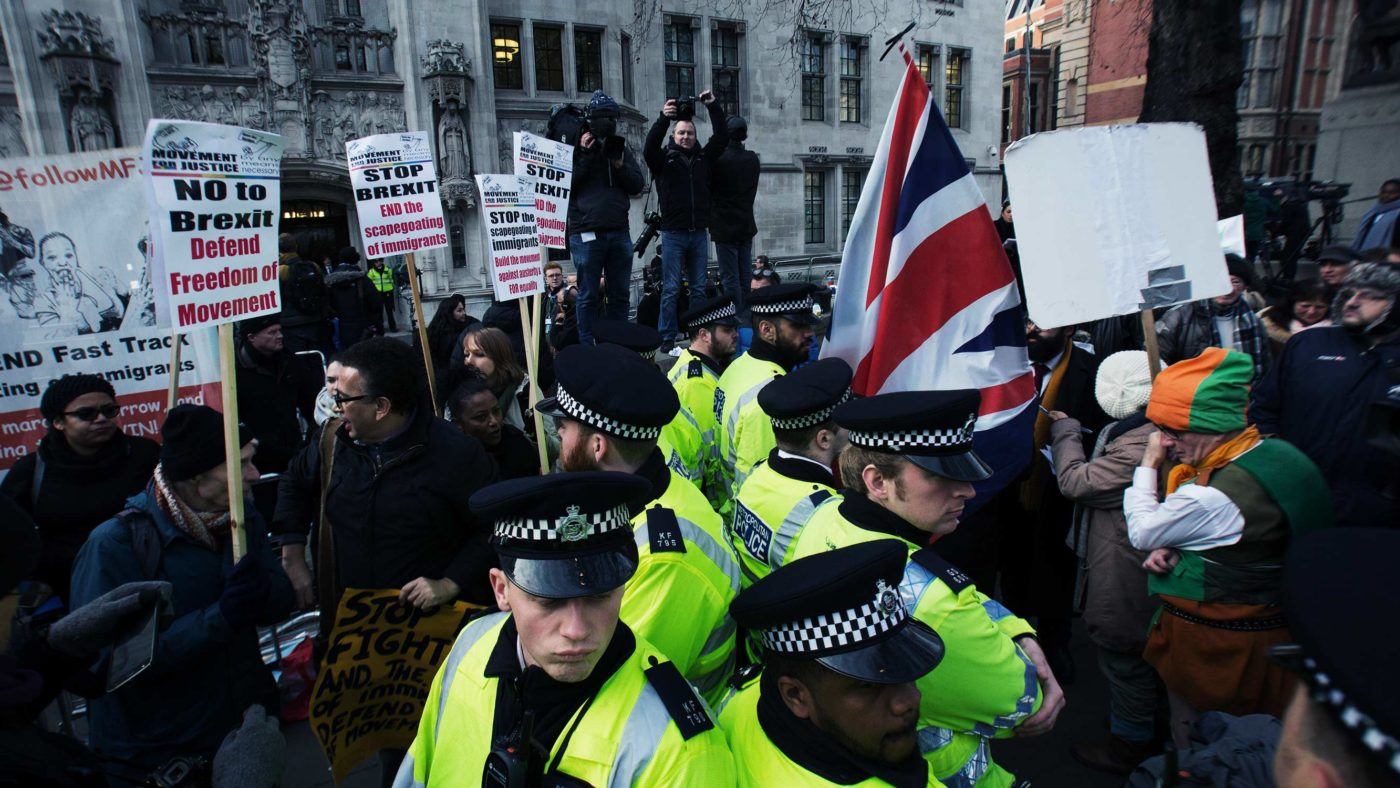“Laws are like sausages, it is better not to see them being made.”
That line from Otto von Bismark has been repeated to the point of cliché, but it rarely hast it felt more relevant than in the past few months – and the last few days in particular.
Von Bismark lived in the 19th Century. Here in the 21st century, we inhabit an age of increased transparency, with open data, social media and a 24/7 news cycle.
Those elements, combined with a growing distrust of institutions, has led to ever more people demanding to see how the sausages are made.
Back in 2011, when he was Justice Secretary, Ken Clarke brought in rules to allow video cameras into certain courts, including the Supreme Court.
Back then, I wrote: “The move is highly laudable, as so often the justice system is very hard to understand for those of us with no background in law. A transparent justice system is a vital cornerstone of a liberal, democratic, society.”
I still firmly believe this. It’s why I have welcomed the rolling news coverage of the Government’s Brexit court case appeal from inside the Supreme Court, along with commentators holding forth on the proceedings.
Get more from CapX
Follow us on Twitter
Like us on Facebook
Sign up to our email bulletin
The demand was there; during the EU referendum campaign, people were desperately clamouring for information on which they might base their final vote.
Broadcasting large sections of this court case live, instead of just a brief report in an evening news bulletin, has given the electorate insight into an event that is critical to Britain’s future.
We are living in a deeply fractured Britain. By having our key institutions show their working, the public becomes more engaged with them and understands the decisions they make, rather than feeling powerless before a faceless, remote panel of elites.
Debating an issue as divisive as Article 50 in public can offer reassurance to all sides that their view has been properly heard. It could even go some way to healing the wounds that have opened in recent months.
It could also increase civic involvement as people gain a better understanding of the law and politics, a belief they can engage with them, and some insight into how to do so.
Of course, there are risks. Gina Miller, the business woman who brought about the current Article 50 case, has been the victim of vile threats due to high profile case. It is hard to stay anonymous yourself when your case is playing out on rolling news channels.
(It’s worth noting, however, that the Clarke provisions always said that victims and witnesses would not appear on television.)
Equally, we do not want serious judicial matters to be become sensationalised television events, and the key actors to be rendered little more than celebrities.
All these arguments against cameras were also made when cameras were first introduced into Parliament, but it can’t be denied that having them there has helped give a better perspective on how Parliament works. Even if we only watch PMQs, it is still valuable to see our politicians in action.
Elsewhere on CapX
The Article 50 case shows how the EU has poisoned British law
Politicians need to stop treating us like fools
The courts shouldn’t be a playground for the powerful
While laymen will not understand the nuance of the arguments put forward by the Government’s lawyer James Eadie, or Miller’s lawyer, Lord Pannick, or indeed appreciate every answer given at the Despatch box, we can surely still enjoy the right to see for ourselves the process behind the decisions that are made in our name.


